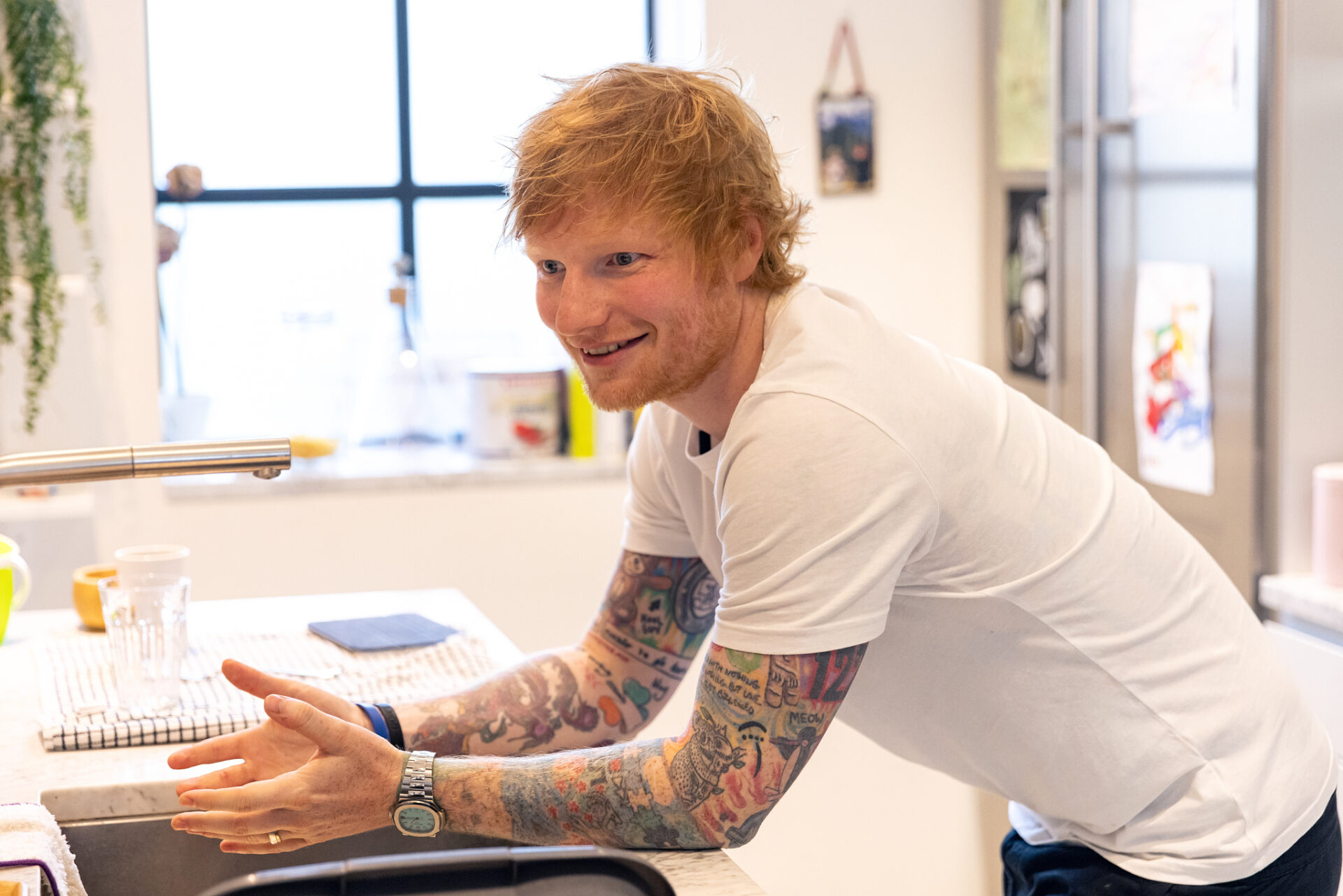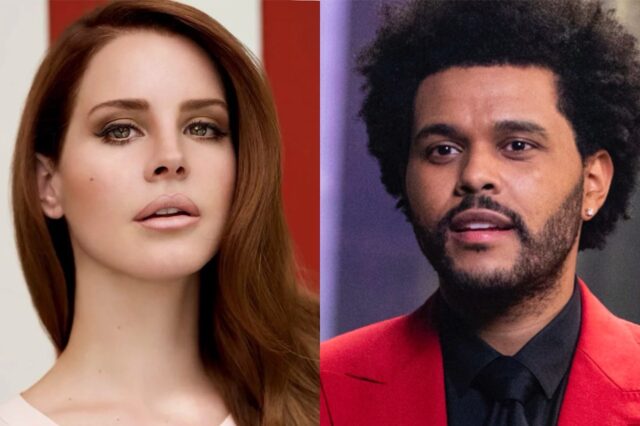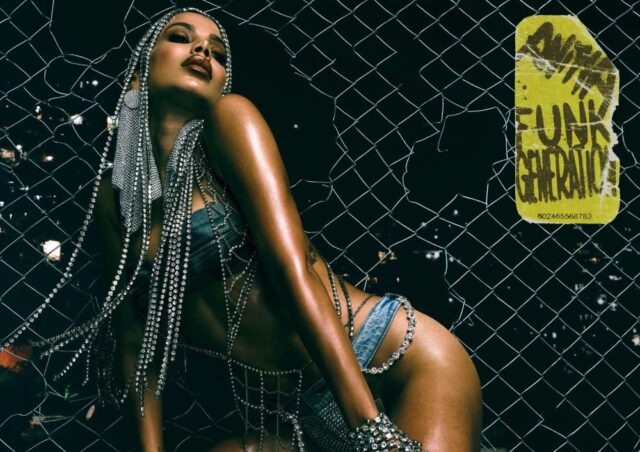Ed Sheeran Is Victorious in ‘Thinking Out Loud’ Plagiarism Case
Ed Sheeran has made a name for himself in songwriting, but the law questioned that songwriting. A lawsuit accused Sheeran of ripping off the late Marvin Gaye, but Sheeran proved his innocence.
In 2014, Sheeran wrote the song “Thinking Out Loud.” This song made it to number two on the Billboard Hot 100 and had three Grammy nominations. However, there were legal claims that Gaye’s song “Let’s Get It On” was similar in terms of tune. These claims were by the estate of Ed Townshend, who wrote “Let’s Get It On” with Gaye. Sheeran firmly denied this, so the case went to court. From April 26 to May 4 in New York, Sheeran defended the originality of his song. Then, after three hours of proceedings, the jury unanimously ruled in favor of Sheeran, a victory for songwriting.
The lawsuit was specifically based on the chord progression in the song. Parts of Sheeran’s song had a similar beat to Gaye’s. This accusation of plagiarism began in 2016 when the estate claimed “the melodic, harmonic, and rhythmic compositions of ‘Thinking’ are substantially and/or strikingly similar to the drum composition of ‘Let’s [Get It On].’” The case was dismissed in 2017, but it was back up in 2018. The case did not fully go to trial until April 26, seven years after “Thinking Out Loud” came out. Overall, it’s been a long battle.
“I’m obviously very happy with the outcome of the case, and it looks like I’m not having to retire from my day job after all,” Ed Sheeran said after a jury determined that he did not wrongfully copy compositional elements or melodies from “Let’s Get It On” https://t.co/KfWTtvsVoU pic.twitter.com/X5r5mWVdRF
— CNN (@CNN) May 4, 2023
When the court made the final decision, Sheeran was overjoyed. In a statement he read outside of the courthouse, he stated, “I’m obviously very happy with the outcome of the case, and it looks like I’m not having to retire from my day job, after all.” This is referencing an early comment of Sheeran’s that he would quit music if he lost this case. He continued, “We have spent the last eight years talking about two songs with dramatically different lyrics, melodies, and four chords which are also different and used by songwriters every day, all over the world.”
Sheeran believed that this case was a disgrace to music. Similar chord progressions mean nothing, as there are only so many chord progressions that pop songs can use. Before the verdict, Sheeran mentioned, “There are four chords that get used in pop songs, and there’s however many notes, eight notes or whatever, and there are 60,000 songs released every single day. And if you just think mathematically, the likelihood of this song having the same chords as this song. You are going to get this with every single pop song from now on, like, unless it just stops, which I don’t think it does because it’s a big money business to take things to court.”
If Ed Sheeran loses this lawsuit, it sets the precedent that songs using the same chord progression is plagiarism.
— gloop (@GloopBloop113) May 3, 2023
To show how absurd that is, here’s a thread of just some of the songs that use the I-V-vi-IV progression or an equivalent, typed manually, fueled by spite. (1/19) https://t.co/4uGEQDHci2
Sheeran saw the writing of his song to be an emotional process. He wrote the song alongside songwriter Amy Wadge in less than a day. Both of them had recently lost someone close to each of them when they wrote the song, which inspired them. Referencing those emotions, Sheeran mentioned after the trial, “Like artists everywhere, [Wadge] and I work hard to independently create songs that are often based on real-life personal experiences. It’s devastating to be accused of stealing someone else’s songs when we’ve put so much work into our livelihoods.”
This was a stressful trial for Sheeran. In fact, he had to miss his grandmother’s funeral in Ireland as he had to deal with court proceedings in New York. During his grandmother’s eulogy, Sheeran’s father, John, stated, “I am very sad that our son Edward is unable to be here today. He’s so upset that he cannot be present. He has to be thousands of miles away in a court in America defending his integrity,”
The ed sheeran situation breaks my heart. People are encouraging him to quit something he’s dedicated his entire life to in what may possibly be the hardest time of his life. He had to miss his grandmother’s funeral because of this stupid trial and now all of you are being so-
— camcam (taylor’s version) 🇦🇷 (@Cami_does_stuff) May 4, 2023
This case is not the first plagiarism case Sheeran has faced. In 2017, Sheeran’s “Photograph” chorus was claimed to be a rip-off of Matt Cardle’s “Amazing.” That was an out-of-court settlement. After this settlement, Sheeran claimed, “I didn’t play ‘Photograph’ for ages after that. I just stopped playing it. I felt weird about it; it kind of made me feel dirty.” In 2022, Sheeran faced another plagiarism case. Musicians Sam Chokri and Ross O’Donoghue believed Sheeran’s “Shape of You” copied their song “Oh Why.” Sheeran won this case. These suits add to Sheeran’s points about similarities in pop music.
Previous cases have also involved allegations of musicians copying Gaye’s songs. “Blurred Lines” by Robin Thicke, Pharell Williams, and T.I. drew similarities to Gaye’s “Got to Get it Up.” This case went back and forth for many years, but there was a decision in 2015. The trial ruled in favor of Gaye, with his family receiving 7.4 million dollars in damages. In addition, Gaye now has credits as a songwriter on “Blurred Lines.” Thicke, Williams, and T.I. have tried to countersue, but to no avail. Even though Sheeran was victorious in this trial, the Gaye estate has had success before.
Ik y’all wanted Ed Sheeran to lose this case & quit music, but him winning this is a W for all music lovers.
— Dedee 🥀 (@thoughtfulbae) May 4, 2023
Trying to claim a melody as original when billions are made each day out of few music notes only makes life harder for everyone else. pic.twitter.com/e510SWBrlI
This trial verdict comes the day after the release of his docuseries The Sum of it All, out May 3. It came a day before Sheeran’s newest album, Subtract, out May 5. The trial worked in his favor, so there will surely be more music to come. Love or hate Sheeran’s music; his trial demonstrated the importance of music integrity. There are a lot of similarities in the music world, but artists try to stick by their roots.







